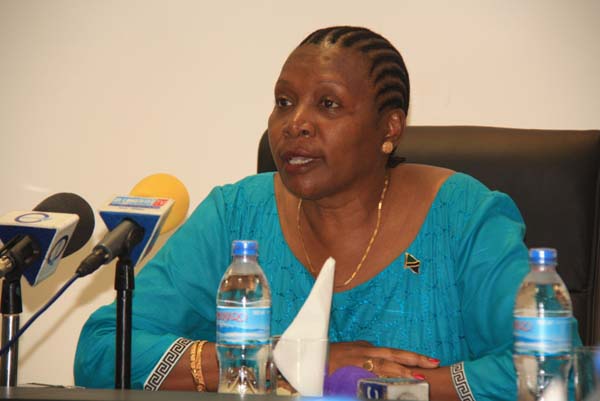ILO urges Africa to focus on employment creation

NAIROBI — The International Labour Organisation (ILO) on Wednesday called on the African continent to focus on employment creation in order to boost economic growth. ILO Acting Regional Director Dan Cunniah told a labour forum in Nairobi that the continent’s economic growth performance has not been inclusive. “It has not translated into commensurate job creation as poverty rates remain high in most countries,” Cunniah said during the Regional Trade Union Conference on the Global Development Agenda.
The four-day event brought representatives from over 20 African countries to discuss challenges affecting the African trade union movement.
Cunniah said that millions of Africans are yet to enjoy the fruits of the development as there is rising income inequality. “More than 70 percent of Africans earn their living from vulnerable employment on small farms or in the urban informal economy,” the director said. ILO said that young people in Africa are the most affected by the job crisis.
“We have to study the reasons for unemployment so that we attack its root causes,” he said. He also called the African nations to ensure that the entire labor force has access to a pension scheme.
“In the majority of countries there is a problem for social protection for workers especially in the informal sector and those in the rural areas,” he said.
He added that the future outlook for Africa remains promising despite the global economic slowdown. The ILO official noted that Africa’s industrial potential has been stifled for many decades due to the legacies of colonialism.
“The structural adjustments programs had particularly negative effects on technological accumulation and export performance,” he said.
Cunniah said that Africa has half of the world’s uncultivated land and so has the potential to become the food basket for the world. He also decried the continent’s dependence on the production and export of primary commodities.
“The continent runs the risk of marginalizing its own role in international trade if it does not add value to its commodities,” he said.
ILO Director for Bureau for Workers Activities Maria Andre said that Africa’s economic growth has been impressive with the six of the world’s 10 fastest-growing economies being in the continent.
“However, the role of trade unions has been underrepresented in the development of policies,” Andre said.
She said that exploitation of workers by employers as well as discrimination of women in the workplace is rampant in the continent. “In order to overcome this, we need strong and independent labor movement,” she said.
International Trade Union Confederation Africa General Secretary Kwasi Adu-Amankwah said that there is need for greater respect for worker rights. “This will ensure that the continent’s labor productivity reaches that of the developed world,” he said.
Adu-Amankwah said that the huge unemployment is partly caused by a mismatch of skills required by employers and the training offered by tertiary institutions.
“As a result, the number of people absorbed by the job market is not enough to mitigate the unemployment crisis,” he said.
He noted that governments should also develop a scheme for vocational training as well as refresher courses for those already in employment.
Organization of African Trade Union Unity (OATUU) Secretary General Owei Lakemfa said that job creation is the most pressing global development priority in the current weak and turbulent economic environment.
He said that the promotion of productive employment is central to the achievement of sustainable development. Lakemfa said that Africa is positioned to reap the benefits of its huge natural resources.
“Radical political and economic changes coupled with reconfigured international relations have led to a change of development paradigms,” he said.
East African Trade Union Confederation (EATUC) Chairman Francis Atwoli said that ILO’s global agenda provides an important framework to ensure workers earn decent wages.
Atwoli said that trade unions are essential to ensure that workers get their fair share of industry profits. “Parties to labor relations must be equal in strength if justice is to be achieved,” he said. – Xinhua.









Comments